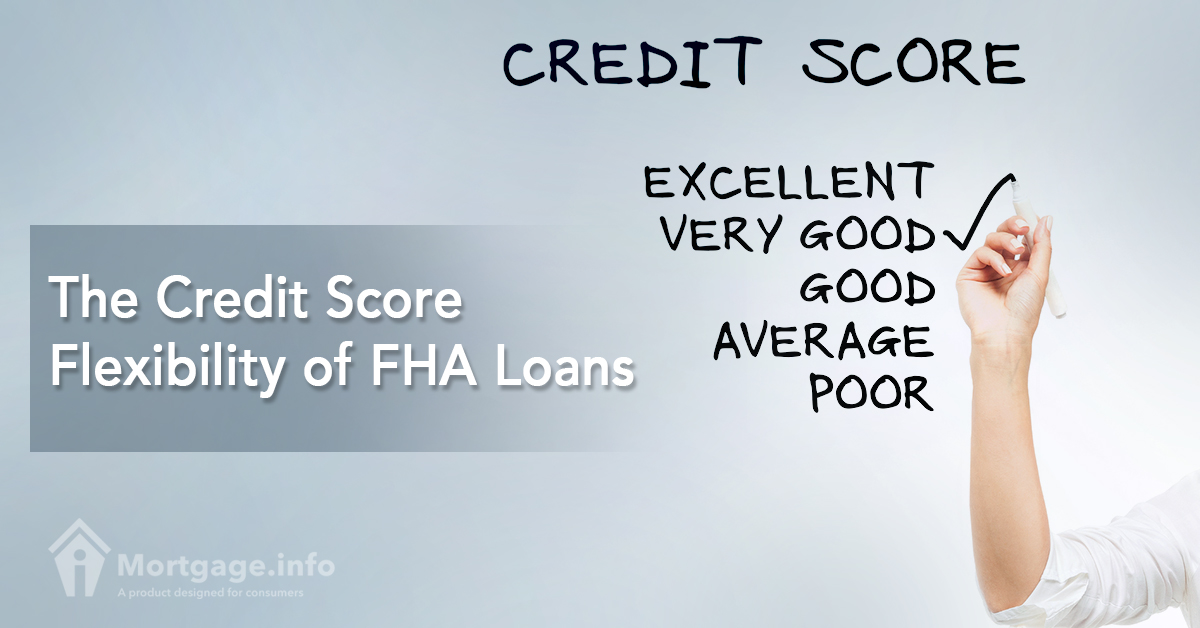One of the best mortgage programs you can use as an alternative to a conventional home loan is an FHA loan. The FHA loan makes homeownership available to potential borrowers who:
a) have no money to pay for the conventional 20 percent down payment or at the least the required minimum down payment amount (possibly 5 to 10 percent of the property’s purchase price)
b) want to refinance to a new mortgage with lower interest rates (for those carrying conventional home loans as their original mortgage)
c) have underwater mortgages
d) have a low credit score.
Generally speaking, you will have a tough chance of getting approved for a conventional mortgage if you have a credit score of 620 or below. With an FHA loan, however, you can still get a loan approval even with a credit score of 580.
Would it still be possible to qualify for an FHA loan even if my credit score is below the 580 minimum?
The answer is yes. However, you may be required by your lender to input at least a 10 percent down payment instead of the default 3.5 percent only down payment requirement. So if you have the money, but have damaged credit due to a recent financial setback that you were already able to fix, an FHA loan is a good option. That, on top of low interest rates.
Back in 2014, the FHA minimum credit score was 640. Today’s lower credit requirement allows more American borrowers to access a home loan under the FHA.
What if I don’t have a credit score?
Your lack of credit score or enough credit history does not automatically disqualify you from getting an FHA loan. Traditionally, lenders use scores from the three credit bureaus Experian, TransUnion, and Equifax to evaluate your creditability. But if you don’t have records with the bureaus, your lender can use non-traditional sources to determine if you are a responsible payor, at least (e.g. your utility bill payments, rent payments, etc.).
Does the FHA process my FHA loan?
No, the FHA or Federal Housing Administrationdoes not process your applications per se. They only insure these loans. That means if you fail to pay your mortgage, the lender or the banks that you owed money from will not have to suffer for the loss. It is the FHA that will settle the debt.
You can only get an FHA loan from an FHA-approved lender. The properties that can be insured under the FHA include single family and multifamily homes, as well as manufactured homes and hospitals. The FHA insured over 34 million homes and properties since it was established back in 1934.
If you are interested with the opportunity to still purchase or refinancea home even with a problematic credit status, get the following information ready before you apply for an FHA loan with an FHA-approved lender:
- your residential address, ideally within the past two (2) years
- your social security number and the social security number of your co-borrower or co-signer if you have
- name and address of your employer/s for the past two (2) years if employed
- business balance sheet if you are self-employed
- information on your checking and savings accounts
- your gross monthly salary or your pay stubs if you are currently holding more than one job
- your debt information, including lines of credit and current loans carried
- information about real estate properties you currently own
- value or approximate price of the property you wish to obtain
- certificate of eligibility (COE) and DD-214 if you are an applying veteran
- your current check stubs and W-2 forms for the past two years
- tax information
- payment for pulling out your credit, and possibly, for appraisal

